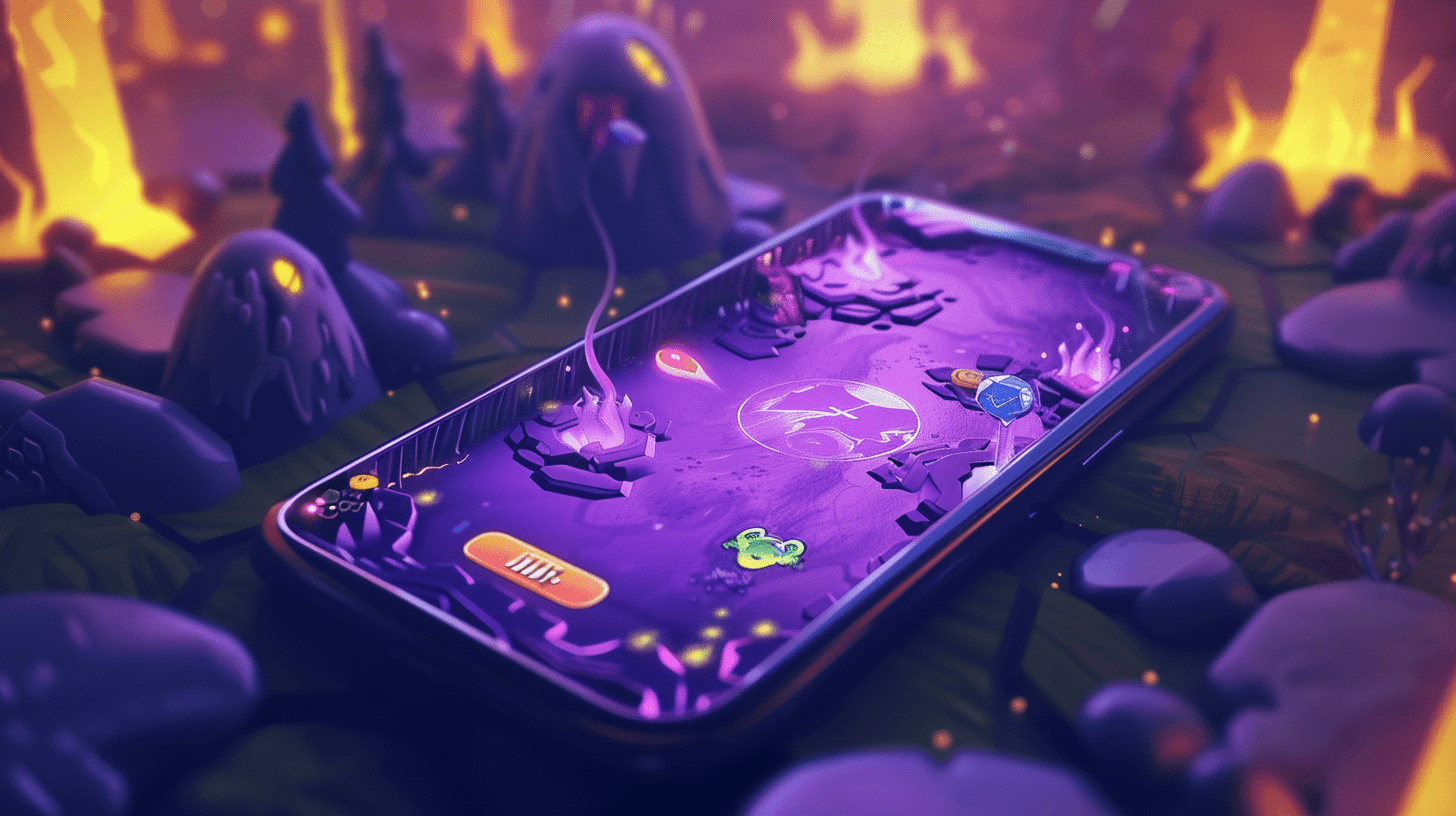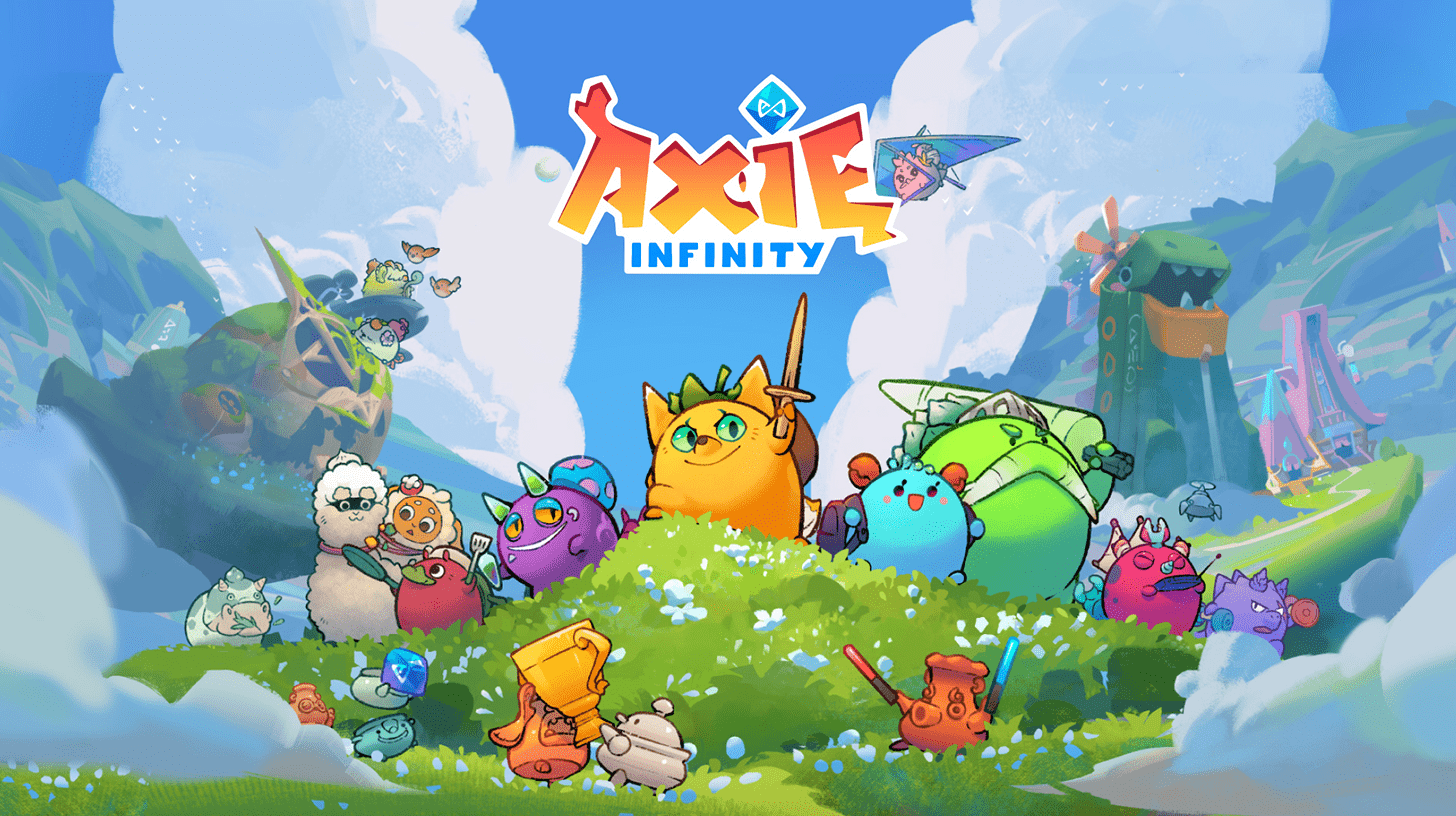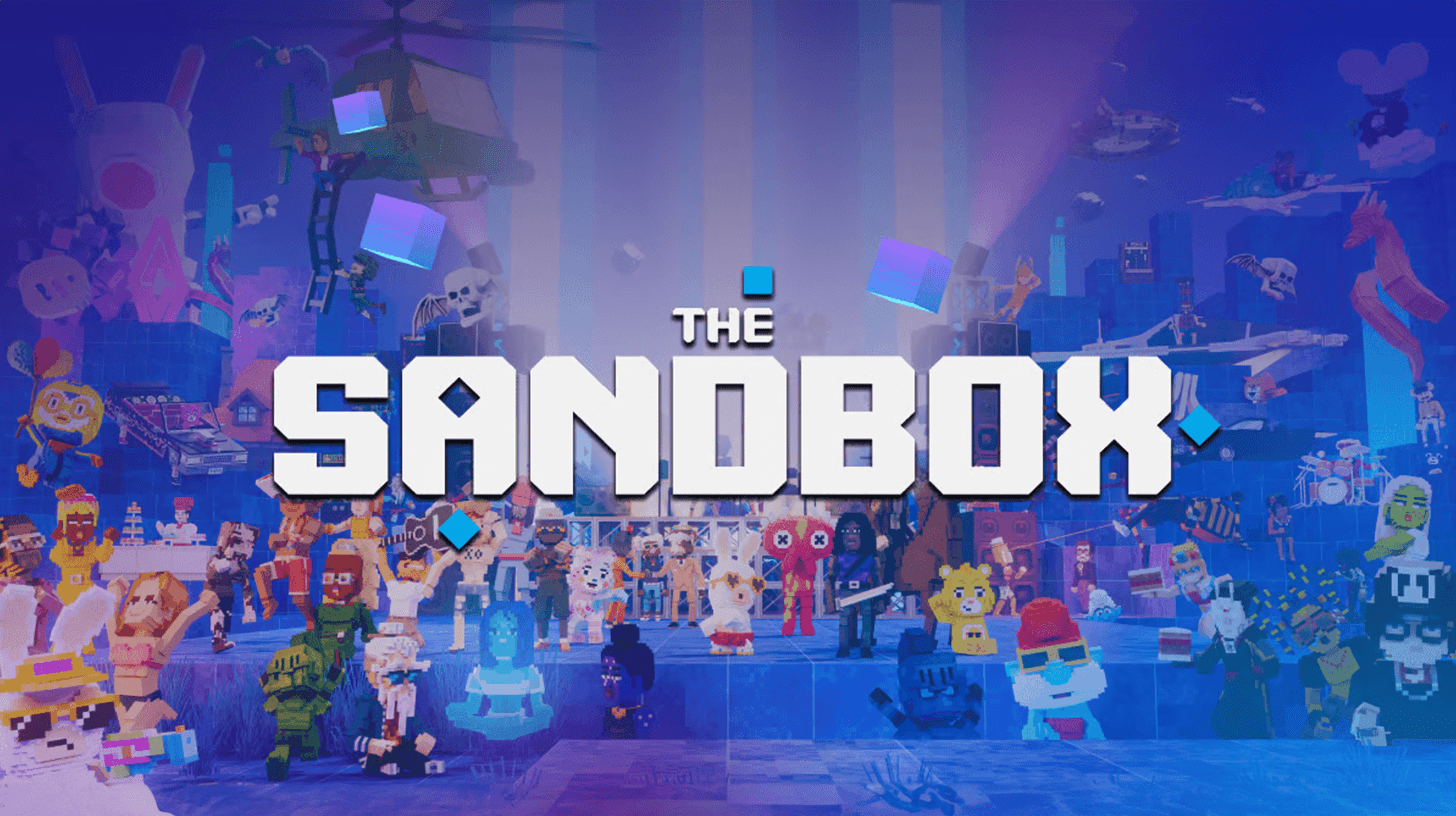The Economy of Crypto Games: How In-Game Tokens Become Real Income

Crypto games have become increasingly popular in recent years, with more and more gamers turning to blockchain-based games to earn real income. In these games, players can earn in-game tokens that have real-world value and can be traded on cryptocurrency exchanges. The economy of crypto games is a fascinating and complex topic, and in this article, we will explore how in-game tokens become real income for players.
The concept of earning real income from playing games is not new, but the rise of blockchain technology has made it possible for gamers to earn cryptocurrency by playing games. This has created a new economy within the gaming industry, where in-game tokens have real-world value and can be traded for other cryptocurrencies or fiat currencies.

The Concept of In-Game Tokens
In-game tokens are a type of digital asset that is used in crypto games. They are often based on blockchain technology and have a real-world value that can be traded on cryptocurrency exchanges. In this section, we will explore the concept of in-game tokens, how they are used in crypto games, and provide some examples of popular ones.
Definition and Explanation of In-Game Tokens
In-game tokens are digital assets that are used within crypto games. They are often based on blockchain technology and have a real-world value that can be traded on cryptocurrency exchanges. In-game tokens can be used for a variety of purposes, such as purchasing in-game items, unlocking new features, or participating in game events.
How In-Game Tokens are Used in Crypto Games
In-game tokens are an essential part of the economy of crypto games. They are used to incentivize players to participate in the game and contribute to the game's ecosystem. Players can earn in-game tokens by completing tasks, winning battles, or participating in other game events. These tokens can then be used to purchase in-game items or traded on cryptocurrency exchanges for other cryptocurrencies or fiat currencies.

The Value of In-Game Tokens
In-game tokens have become a valuable asset for gamers, as they can be traded and exchanged for real income. However, the value of in-game tokens can fluctuate significantly, and it is essential to understand the factors that determine their value.
Factors that Determine the Value of In-Game Tokens
The value of in-game tokens is determined by several factors, including:
- Demand and Supply
The value of in-game tokens is primarily determined by the demand and supply dynamics. If the demand for a particular token is high, and the supply is limited, the token's value will increase. Conversely, if the demand is low, and the supply is high, the token's value will decrease.
- Game Popularity
The popularity of the game is another critical factor that determines the value of in-game tokens. If a game has a large and active user base, the demand for its tokens will be higher, and the value will increase.
- Token Utility
The utility of the token is also an essential factor that determines its value. If a token has a wide range of uses within the game, such as purchasing in-game items, unlocking new features, or participating in game events, its value will be higher.
How In-Game Tokens can be Traded and Exchanged for Real Income
In-game tokens can be traded and exchanged for real income on various cryptocurrency exchanges. Players can sell their tokens for other cryptocurrencies, such as Bitcoin or Ethereum, and then exchange them for fiat currency. Some games also allow players to directly exchange their tokens for fiat currency within the game.
Real-World Examples of Successful In-Game Token Economies
There are several real-world examples of successful in-game token economies, including:

Axie Infinity
Axie Infinity is a blockchain-based game that allows players to collect, breed, and battle fantasy creatures called Axies. The game's in-game token, Smooth Love Potion (SLP), is used to breed new Axies and can be traded on various cryptocurrency exchanges. The game has become incredibly popular, with some players earning a full-time income by playing the game and trading SLP tokens.

Decentraland
Decentraland is a virtual reality platform that allows users to create, experience, and monetize content and applications. The platform's in-game token, MANA, is used to purchase land, goods, and services within the virtual world. The value of MANA has increased significantly since the platform's launch, with some users earning substantial profits by buying and selling virtual real estate.

The Sandbox
The Sandbox is a blockchain-based game that allows players to create and monetize their own gaming experiences. The game's in-game token, SAND, is used to purchase in-game items and participate in game events. The game has gained significant traction, with some players earning a substantial income by creating and selling their own gaming experiences.
The value of in-game tokens is determined by several factors, including demand and supply, game popularity, and token utility. In-game tokens can be traded and exchanged for real income on various cryptocurrency exchanges, providing gamers with a new way to monetize their gaming skills and efforts. Successful in-game token economies, such as Axie Infinity, Decentraland, and The Sandbox, demonstrate the potential of this new economy and the opportunities it presents for gamers and game developers alike.

The Impact of In-Game Tokens on the Gaming Industry
Implementing in-game tokens and blockchain technology has the power to significantly disrupt the traditional gaming industry. In-game tokens are transforming the conventional gaming business model, presenting both benefits and challenges for game developers and players within the in-game token economy. Nevertheless, in-game tokens possess the potential to revolutionize and reshape the entire gaming industry.
How In-Game Tokens are Changing the Traditional Gaming Business Model
Traditionally, game developers generate revenue through the sale of games, in-game purchases, and advertising. However, the introduction of in-game tokens has created a new revenue stream for game developers. By incorporating blockchain technology and in-game tokens into their games, developers can create a new economy within the game that allows players to earn and trade tokens with real-world value. This new model creates a more engaging and rewarding experience for players while providing developers with a new source of revenue.
The Benefits and Challenges of In-Game Token Economies for Game Developers and Players
In-game token economies offer several benefits for both game developers and players. For developers, in-game tokens provide a new revenue stream and a way to incentivize players to engage with the game more deeply. For players, in-game tokens offer a new way to earn real income by playing games and participating in the game's economy.
However, there are also challenges associated with in-game token economies. For developers, creating a successful in-game token economy requires a deep understanding of blockchain technology and the gaming industry. Additionally, the value of in-game tokens can be volatile, which can create uncertainty for both developers and players. For players, the complexity of blockchain technology and the potential for fraud and scams can make participating in in-game token economies risky.

The Potential for In-Game Tokens to Disrupt the Gaming Industry
The introduction of in-game tokens and blockchain technology has the potential to disrupt the traditional gaming industry significantly. By creating new revenue streams and incentivizing players to engage more deeply with games, in-game tokens could change the way games are developed, marketed, and played. Additionally, the use of blockchain technology could create new opportunities for independent game developers and provide players with more control over their in-game assets.
However, the potential for disruption also creates challenges for the gaming industry. The volatility of in-game token values and the potential for fraud and scams could create uncertainty and risk for both developers and players. Additionally, the introduction of new technologies and business models could disrupt traditional revenue streams and challenge established industry players.
In-game tokens have the potential to significantly disrupt the traditional gaming industry. While there are challenges associated with this new technology, the benefits for both developers and players are clear. As the gaming industry continues to evolve, it will be interesting to see how in-game tokens and blockchain technology shape its future.

Conclusion
The use of in-game tokens and blockchain technology in gaming is still a relatively new concept, but it has already shown great potential. In-game tokens provide a new way for players to earn real income while playing games, and they offer game developers new revenue streams and ways to engage with their audience. However, there are also challenges associated with in-game token economies, such as volatility and regulatory issues.
Despite these challenges, in-game tokens and blockchain technology have the potential to transform the gaming industry. As more game developers experiment with these technologies, we can expect to see new and innovative business models emerge.
